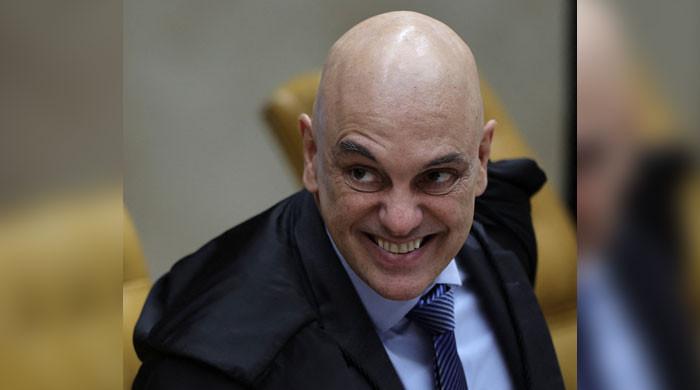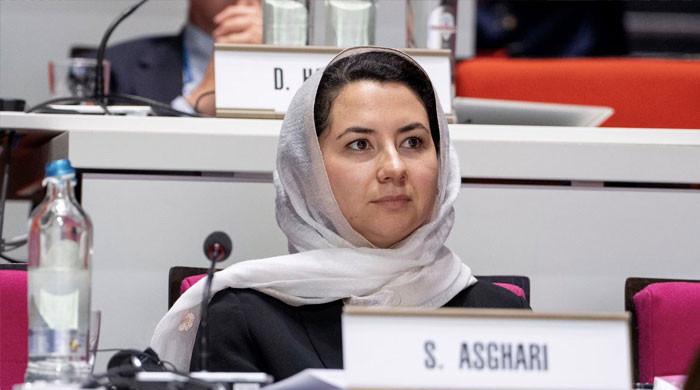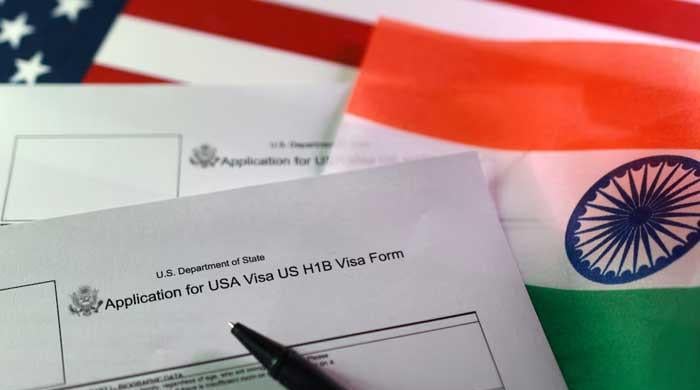Delhi gang-rape case: All four convicts sentenced to death
NEW DELHI: Nine months after the horrific gang-rape and murder of a 23-year-old woman in Delhi triggered nationwide outrage, a special court on Friday sentenced to death four convicts in the...
September 13, 2013
Additional sessions judge Yogesh Khanna announced the punishment in a packed courtroom.
The sentence has to be confirmed by Delhi High Court.
Holding that the crime committed on a moving bus was in the "rarest of rare category", the court noted that the girl and her male friend were brutally assaulted, her abdomen ripped apart with an iron rod and internal organs pulled out.
They were thrown out of the bus moving at a high speed and the accused tried to run the vehicle over them. She was left on the road half-naked, seriously injured, severely bleeding and shivering in the winter chill.
The judge had convicted Mukesh Singh, 26, Vinay Sharma, 20, Pawan Gupta, 19, and Akshay Thakur, 28, on September 10, holding that there was strong evidence they had committed the brutal gang-rape and a "cold-blooded murder".
Their underage accomplice, who has since turned 18, has been sent to a reform home for three years after a juvenile board handed down a guilty verdict on August 31.
The main accused in the case Ram Singh was found hanging in his Tihar jail cell on March 11.
Special public prosecutor Dayan Krishnan had demanded noose for all convicts for the "grotesque and diabolic" crime.
"There is no chance such criminals can be reformed. If death is not given to such criminals, the common man will lose faith in the courts. Society feels no woman is safe. It is for the courts to change that perception by handing down harsh punishment."
Lawyers for the four convicts had pleaded for mercy saying they were young, did not have previous criminal records and should be given a chance to reform. The court rejected the plea.
The brutal gang-rape on the night of December 16, 2012, sparked spontaneous public outrage across India, bringing thousands of people onto streets in protest against authorities' failure to ensure women's safety.
It also triggered uproar in Parliament and prompted the government to enact a tough law to deal with crimes against women, increased policing and fast-tracking of rape cases across the country.
After the savage attack, the young woman, a paramedical student, fought bravely for life and was airlifted to Singapore for treatment. But her injuries left her with no real chance and she died on December 29.
The court had convicted the accused of gang-rape, murder, conspiracy, attempt to murder, unnatural offences, dacoity, destruction of evidence, kidnapping or abducting with intent to secretly and wrongfully confining a person, abducting to subject a person to grievous hurt and slavery, abducting woman to cause her defilement.
The court mainly relied on the three dying declarations of the victim, the statement of her male friend, DNA analysis, forensic and electronic evidence to hold them guilty.









